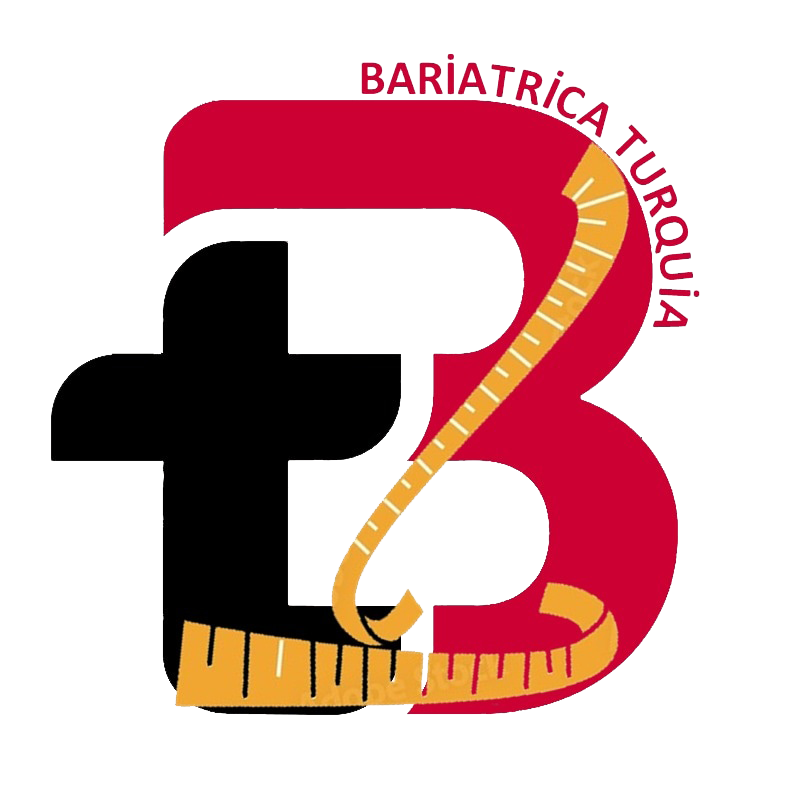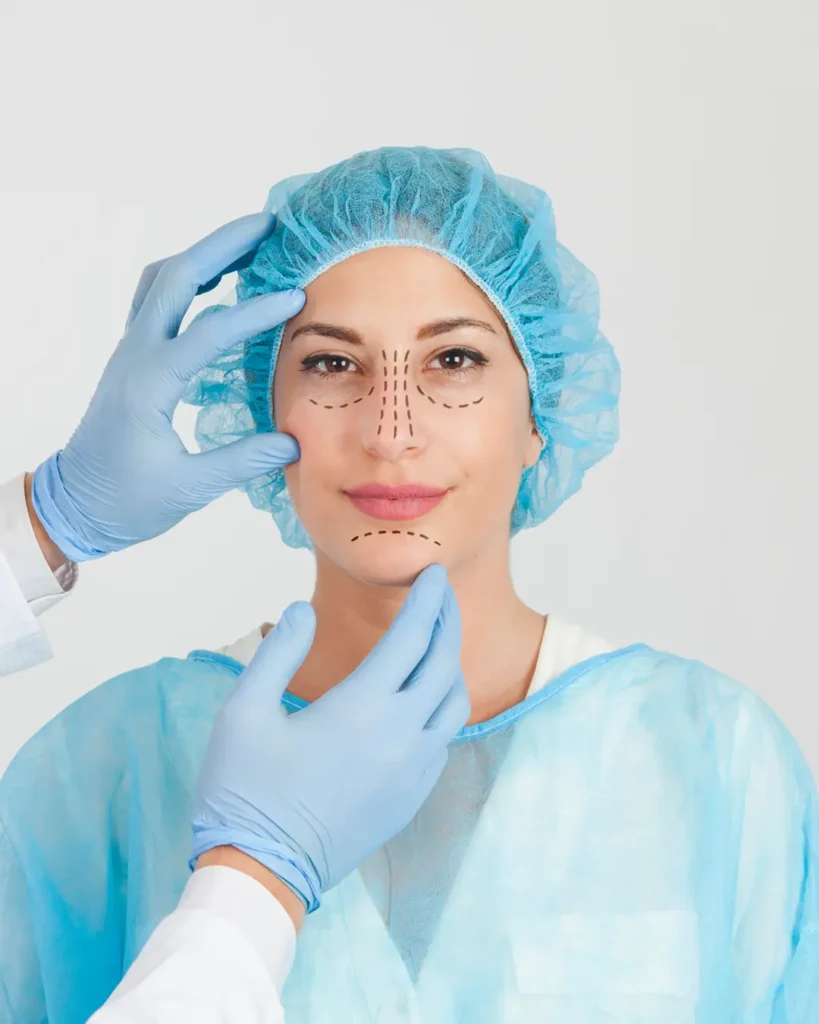Rhinoplasty, also known as nose surgery or nose job, is a surgical procedure performed to improve the shape, size, and functions of the nose for various reasons. Another name for this surgical procedure is rhinoplasty.
The nose is a vital organ located in the middle of the face that determines the shape of the face, in addition to its vital functions. Aesthetic problems can occur in the nose due to congenital or various reasons. This affects the appearance of the face. Rhinoplasty surgery, which is performed to correct aesthetic problems in the nose and give the nose a better appearance, is called rhinoplasty (nose aesthetic surgery).
How is Rhinoplasty Performed?
Rhinoplasty is a surgical operation performed under general anesthesia. Very rarely, tip plasty, which is called nasal tip aesthetics, can be performed under local anesthesia only. There are two types of rhinoplasty techniques: Open and Closed techniques.
What to Pay Attention to Before and After Surgery?



